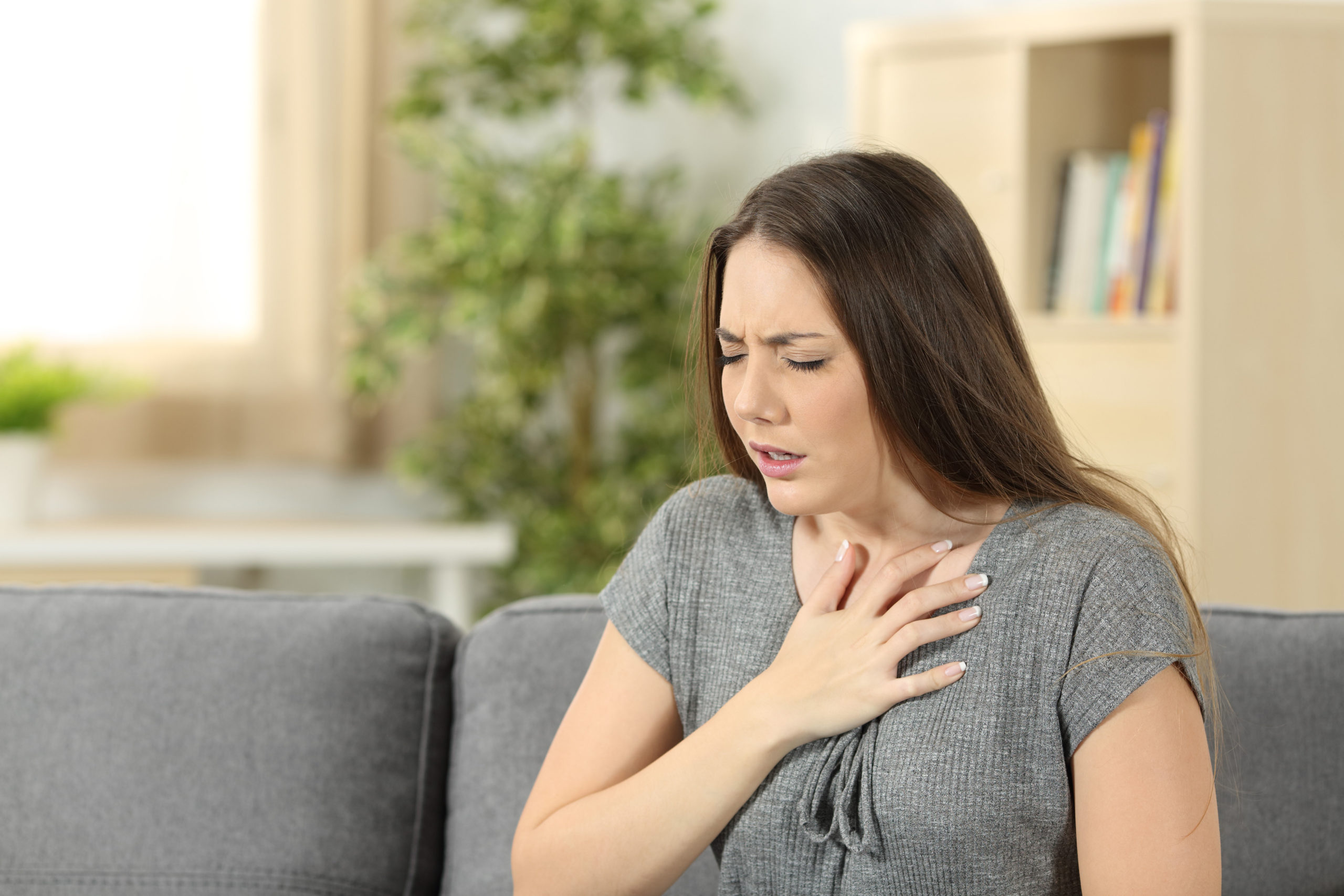Being a teenager is a time of inconsistency and confusion. “What do I want to do with my life? Who are my TRUE friends? How do I know if someone likes me? I don’t really know what to believe in. I don’t know who to trust.” All of these questions and worry lead us to a sensation in the body of uncertainty and this causes our brain to tell us that something is wrong (even though there may not be anything wrong). This uncertainty can feel and look different for each individual. Some may find themselves crying a lot, some needy and relying on others for approval or direction, some just want to sleep, some get headaches because they are trying to find the answers to questions that may not have an answer right now and others become nervous because they feel out of control. This may be when symptoms of anxiety and panic arise.
Just because you experience panic: “a sudden overpowering fright” does not mean you have a panic or anxiety disorder. Panic is common among teenagers and usually develops around the age of 15.
You will hear many teens talking and saying, “I had an anxiety attack” or “I had a panic attack.” These are both describing the same thing. Because you have anxiety- you could experience a panic attack. But, let’s talk about what this actually means and then we will look at some signs that you may be experiencing this.
According to the Mayo Clinic definition a Panic Attack is “a sudden episode of intense fear that triggers severe physical reactions when there is no real danger or apparent cause.”
They can be very frightening and you can feel that the threat of danger is real. Remember when I said that the brain tells us we should be worried about something? This is what is happening and it is out of your control.
Panic attacks typically include some of these symptoms:
- Sense of impending doom or danger
- Fear of loss of control or death
- Rapid heart rate
- Sweating
- Trembling or shaking
- Shortness of breath or tightness in your throat
- Chills or hot flashes
- Nausea
- Abdominal cramping
- Chest pain
- Headache
- Dizziness, lightheadedness or faintness
- Numbness or tingling sensation
- Feeling of unreality or detachment
The panic can last a few minutes or a few hours.
If this happens to you, call a trusted adult or friend to sit with you while you breath deep, slow breaths to regulate your nervous system. Your body and brain are telling you that you are in danger, so you need to get to a place that feels safe, in order to pull you out of the experience. Saying things in your head or out loud, like, “I’m safe, I’m going to get through this, this is just temporary, I’m not in danger.” Can really help.
If this happens frequently, encourage a trusted adult to help you seek a doctor who can evaluate your situation. If your doctor finds no other physical illness as a cause for the symptoms, you may need to be evaluated by a child psychiatrist. Once you are evaluated and it is determined that you experience anxiety and therefore, panic attacks- you will get the help you need to start enjoying the wonderful life you have in front of you. You may need therapy, medication, or just skills to help manage your anxiety.
Most importantly, take care of yourself and look to adults who can help you. You will get through this time! It does become easier to manage and the first step is recognizing what is happening to you.

